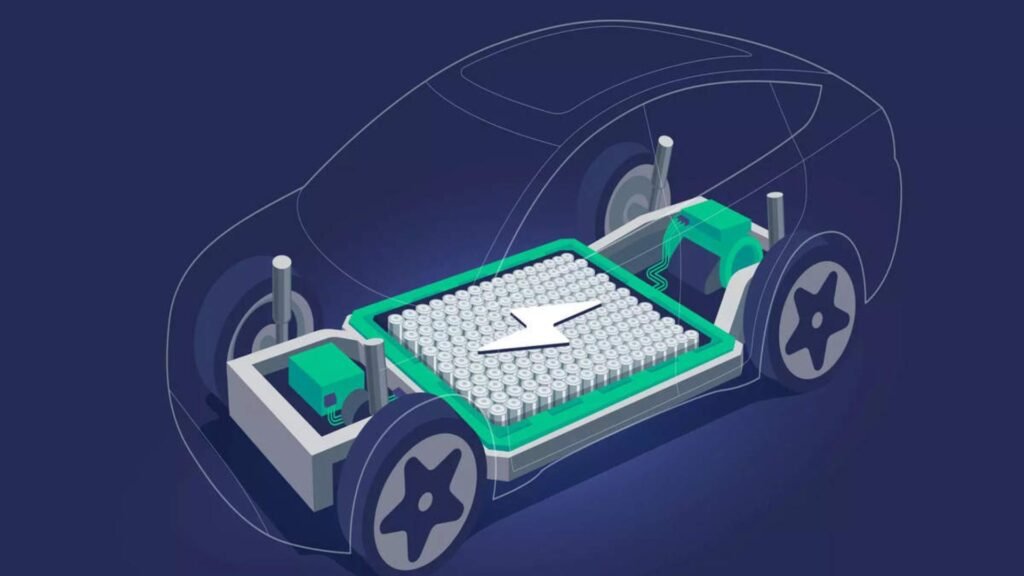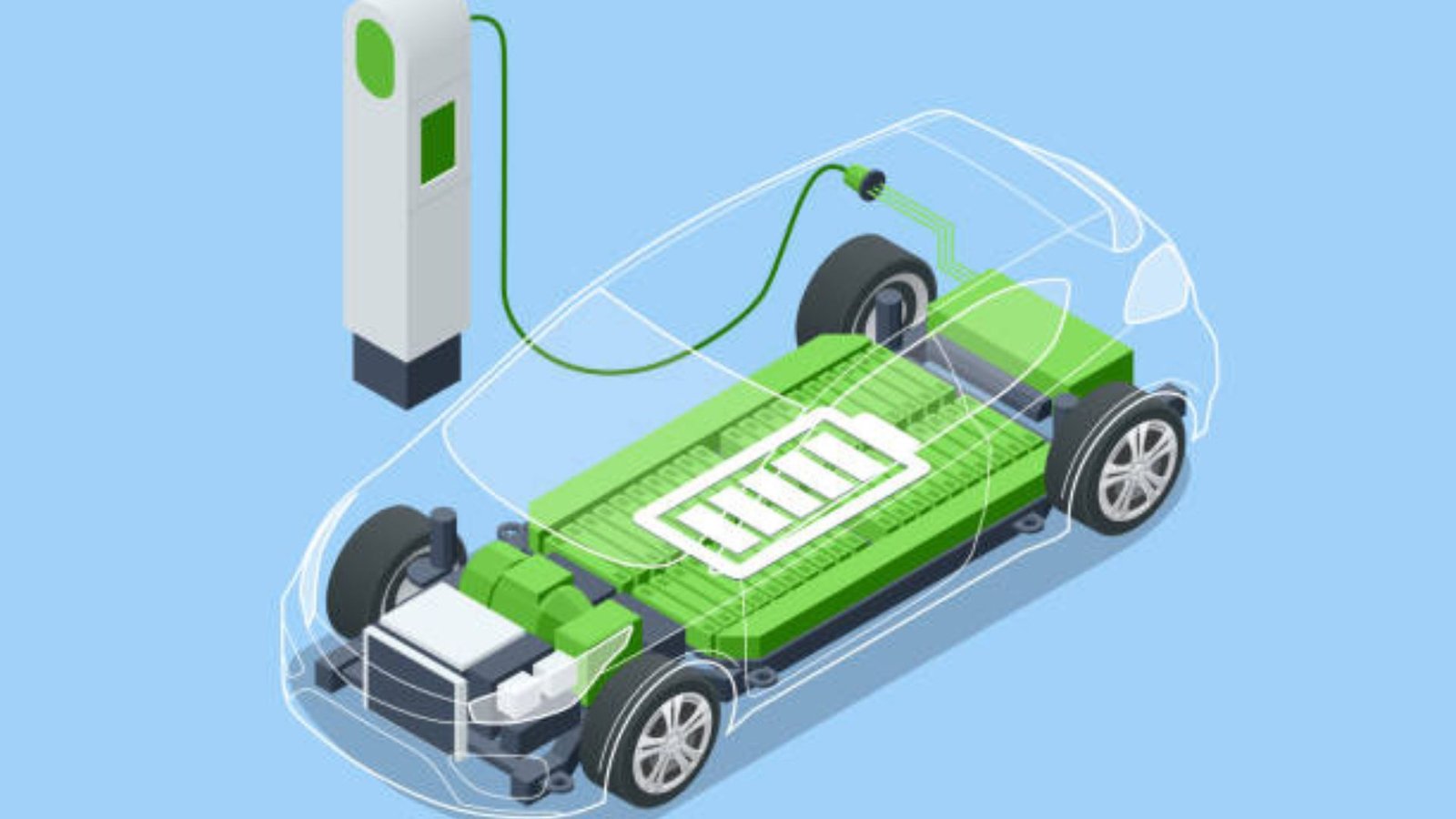Improvements in Hybrid Vehicles Battery Life
Hybrid vehicles have become increasingly popular as drivers seek more fuel-efficient and eco-friendly transportation options. A crucial aspect of hybrid vehicles is their battery life, which directly impacts performance and cost-effectiveness. Over the years, significant improvements have been made in hybrid vehicles’ battery life, making these cars even more attractive to consumers. In this article, we will explore the advancements in battery technology that have extended the lifespan of hybrid vehicle batteries and enhanced their overall performance.

1. Enhanced Battery Chemistry
Lithium-Ion Batteries: The New Standard
First and foremost, one of the major improvements in hybrid vehicles’ battery life is the shift from nickel-metal hydride (NiMH) batteries to lithium-ion batteries. Lithium-ion batteries have become the new standard in most modern hybrids. These batteries are lighter, more efficient, and have a higher energy density than their NiMH counterparts. As a result, they can store more energy and deliver it more efficiently, which directly contributes to a longer battery life.
Better Heat Management
Moreover, lithium-ion batteries have better heat management capabilities. Heat is a significant factor that affects battery life, and lithium-ion technology reduces the risk of overheating, which can degrade the battery over time. With better heat management, the batteries in hybrid vehicles last longer and perform better, even in demanding driving conditions.
2. Advanced Battery Management Systems
Smart Battery Monitoring
Another key improvement in hybrid vehicles’ battery life comes from advanced battery management systems (BMS). These systems constantly monitor the health and performance of the battery, ensuring that it operates within optimal parameters. The BMS can detect and manage issues such as overcharging, undercharging, and temperature fluctuations, all of which can affect battery life. By maintaining the battery within safe operating limits, the BMS helps to extend its overall lifespan.
Regenerative Braking Efficiency
Additionally, advancements in regenerative braking technology have further enhanced battery life. Regenerative braking allows hybrids to capture energy that would otherwise be lost during braking and use it to recharge the battery. Improvements in this technology mean that more energy is recovered and stored, reducing the need to rely solely on the engine for power. This not only increases fuel efficiency but also reduces the strain on the battery, contributing to its longevity.
3. Increased Battery Durability
Longer Warranties Reflect Confidence
Manufacturers have also increased the durability of hybrid vehicle batteries, and this is reflected in the extended warranties now offered with many hybrid models. For example, some manufacturers offer warranties that cover the battery for up to 8 years or 100,000 miles, and in some cases, even more. This confidence in the longevity of hybrid batteries is a direct result of the improvements in battery technology and durability. With these longer warranties, consumers can feel more secure in their investment, knowing that their hybrid vehicle will remain reliable for years to come.
Improved Battery Materials
Furthermore, the use of improved materials in battery construction has played a significant role in enhancing battery life. Researchers and manufacturers have developed new materials that are more resistant to wear and tear, as well as environmental factors like temperature changes and humidity. These materials help to maintain the integrity of the battery over time, reducing the likelihood of degradation and failure.
4. Faster and More Efficient Charging
Reduced Charging Time
Charging time is another area where significant improvements have been made, benefiting hybrid vehicles’ battery life. Faster charging technology allows hybrid batteries to be recharged more quickly and efficiently, which not only saves time but also reduces the stress on the battery. Shorter charging times mean that the battery spends less time in a high-stress state, which can contribute to longer overall battery life.
Smart Charging Systems
Moreover, smart charging systems have been introduced, which optimize the charging process to extend battery life. These systems regulate the charging rate and monitor the battery’s condition during charging, ensuring that it is charged in a way that minimizes wear and maximizes lifespan. By using a smart charging system, hybrid owners can ensure that their vehicle’s battery remains healthy for a longer period.
Conclusion
In conclusion, the improvements in hybrid vehicles’ battery life have made these cars more reliable, efficient, and cost-effective than ever before. The shift to lithium-ion batteries, advanced battery management systems, increased durability, and faster charging options have all contributed to extending the lifespan of hybrid batteries. As technology continues to evolve, we can expect further advancements that will make hybrid vehicles an even more attractive option for eco-conscious drivers. If you are considering a hybrid vehicle, these improvements in battery life make them a smart and sustainable choice for the long term.

